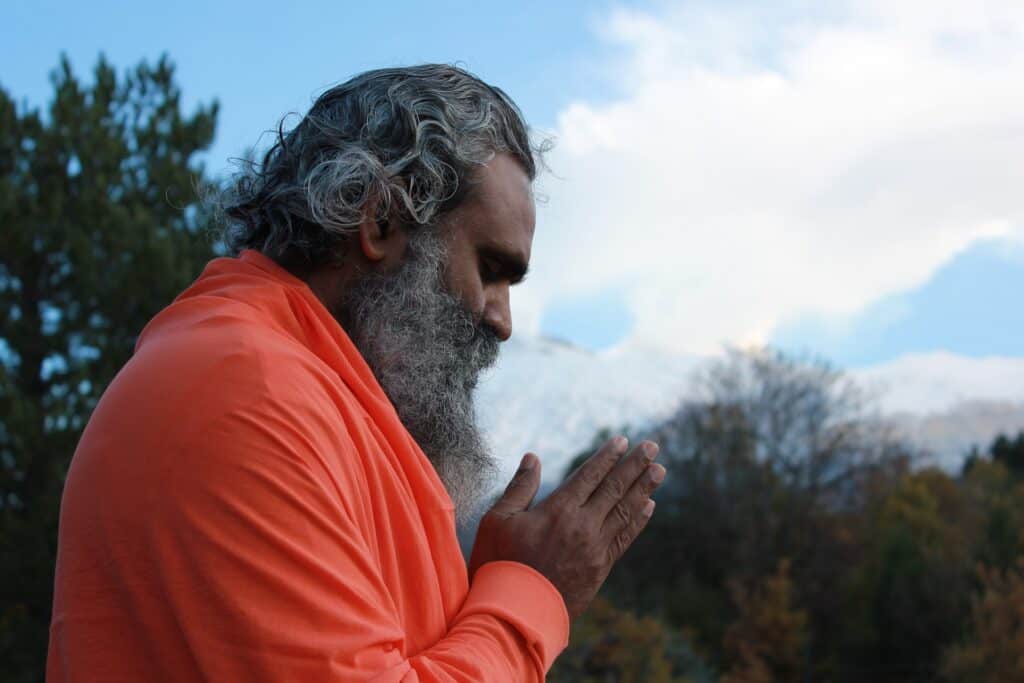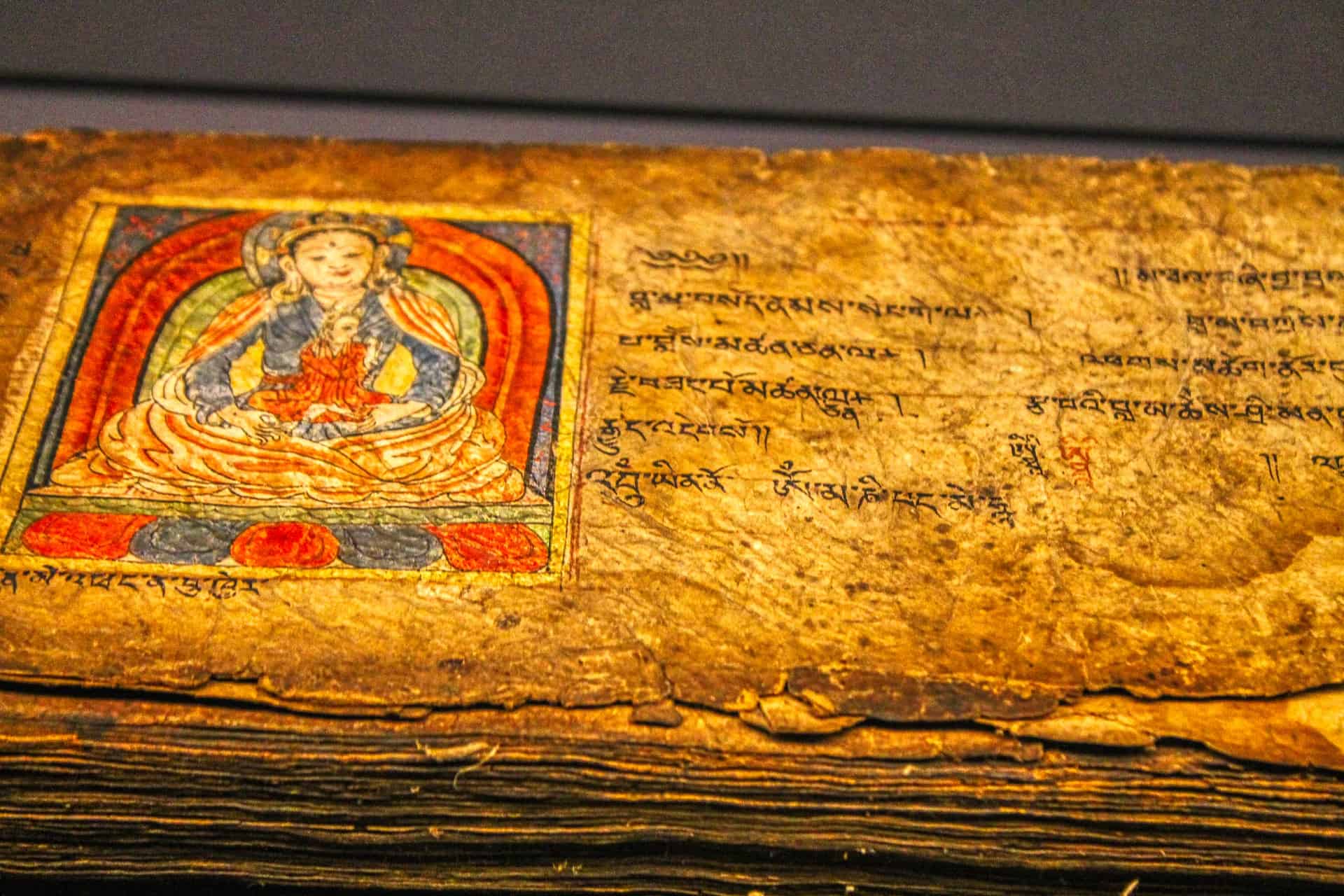It is a debatable thing about these stanzas along with the strict sites, particularly non-Hindu individuals/sites, they are guaranteeing that idol love is denied in Hinduism.

Origin of the practice
The pressure between giving God structure and stripping God of any structure is an antiquated one. Prior to the British, it was the Muslim leaders of India who disliked idol worship. Their assault on sanctuaries, which was primarily for political reasons and monetary plunder (sanctuaries were archives of extraordinary riches), was legitimized by expressing it as an activity against heathen idolatry. This impact of Islam drove numerous Hindus to incline toward the indistinct (nirguni, nirakar) divine, over heavenliness with structure (saguni, Sakar). So we discover some bhakti followers utilizing the name of God to allude to a theoretical element, while others utilize the names of Rama and Krishna or Kali to allude to a particular god.
Justification for idol worship


For instance, each year, in Mumbai, individuals bring mud pictures of Ganesha home and worship him for a day or two, preceding drenching the picture in the ocean. The ceremonial makes one mindful of the passing idea of life – even God goes back and forth, is made and destroyed. The custom incorporates worship (Aradhana) which includes inviting the heavenly, washing them, offering them food, garments, scents, lights, incense, lastly expressions of applause, before saying goodbye to them. Accordingly, eternality is viewed as a visitor and treated as visitors should be dealt with.
This is available in the Isha Upanishad or the Shukla Yajur Veda part forty. In any case, to state that this stanza denies icon love would be wrong. All that it says is, the individuals who love just the asambhuti (which has not begun) and the individuals who love just the sambhuta (which has started) go into dimness.
Vedas and sacred texts
The Vedas and sacred texts are loaded with repudiating declarations for a specific explanation. On the off chance that one takes up just a single representation and attempts to characterize everything else according to it, at that point he will just arrive at one-sided and wrong ends. Complete information is constantly required. So another stanza of that equivalent Upanishad expressly notices to know both information and numbness. Just by knowing both the methods of God that one will have the option to have the total and total information.
So don’t pay attention to any such arguments. Symbol love is neither compulsory nor precluded in Hinduism. Actually, Puranas like Shrimad Bhagavatam itself notice the cycle of divinity structure, love of God, and what the icons can be made of.
The Deity type of the Lord is said to show up in eight varieties — stone, wood, metal, earth, paint, sand, the psyche, or gems.
It is likewise said that when a fan adores an icon, he additionally loves the god who is available in him as his shrouded Self. All the supplications that you offer to the symbols are added all the while routed to the shrouded god. You are the minister in the love of the divinity, while your concealed Self is the quiet cleric or the Brahman, who ensures that your supplications arrive at their objective with increased force. At the point when a faithful Hindu creases his hands before a god to implore or offer his regards, his hands point not exclusively to the divinity before him yet additionally the god that lives in him. Subsequently, consequently emblematically in icon love one not just reveres the solid type of God (murram) yet in addition the unpretentious, undetectable, and amorphous Self (amrita) in the body.
Importance in Hinduism
Hinduism commends the human creative mind. Abrahamic religions dread the human creative mind and will in general confine it utilizing rules and standards and preclusion against craftsmanship. This propensity to control the human creative mind and articulation of the celestial is gradually crawling into Hinduism, with fundamentalism and assaults on craftsmen. Each and every individual who looks to control the articulations of heavenly nature tries to contain heavenliness. However, the bright Hindu sages realized that the heavenly is endless potential and has huge representations. We can get to this largeness through the restriction of fake and characteristic structures, in any event, utilizing symbols of Rama and Krishna and Durga and Ganesha, that the unfamiliar distrustfully credit to as idolatry.
Conclusion
One ought not to destroy the significance of idol love in Hinduism. Some current-day individuals may view it as a crude and odd practice. In any case, the sacred writings sabotage neither its worth nor its significance. Generally, it has a long history in the Hindu custom convention. The sacred writings approve it as a standard strategy for divine love. Taking into account that the Vedic penances are detailed functions that just prepared clerics can perform, symbol love presents a superior option in contrast to the majority who are not acquainted with the sacred text and who need to direct their love without the intercession of ministers. For strict individuals, it is an advantageous method to speak with their divine beings and look for their favors. In such a manner, the accompanying message from Isa Upanishads (9 and 11) merits referencing, which appropriately summarizes the need for balance in the quest for freedom.
People also asked
Is Geeta against idol worship?
I don’t know if it’s from Gita or Vedas but rather I read there are refrains which state God has no structure and the individuals who offer structure to God are erring and the individuals who love the made are in haziness.
Why is idol worship forbidden?
Idol worship is viewed as wrongdoing in Islam since it is affiliation. God made individuals worship only him, not a few idols that individuals make with their own hands out of wood, stone, etc. Idol worship can take numerous structures (worship of cash).
Does Hinduism believe in idol worship?
Hindus don’t worship idols. They reach through the unendingly differing physical portrayals of their customers to connect with the more profound Realities they represent.
Do Vedas talk about God?
The Vedas conceptualize Brahman as the Cosmic Principle. In dualistic schools of Hinduism, for example, the mystical Dvaita Vedanta, Brahman is not the same as Atman (soul) in each being, and in that it shares the calculated system of God in significant world religions.
Is it wrong to worship idols?
There is nothing amiss with the Idols and Idol worship. The issue lies with the individuals, who love to condemn the idols for the love of analysis with no legitimate and logical explanation.

